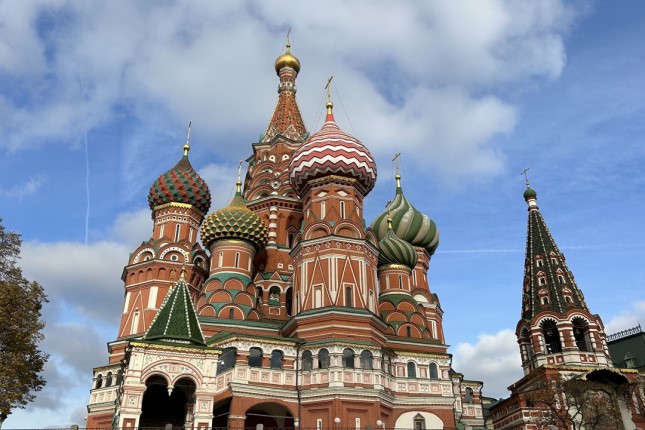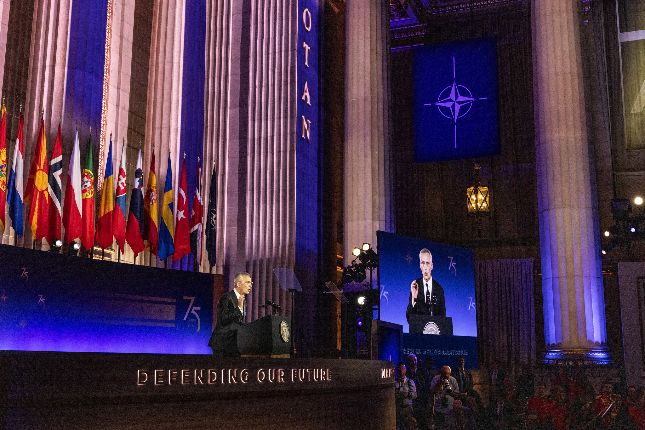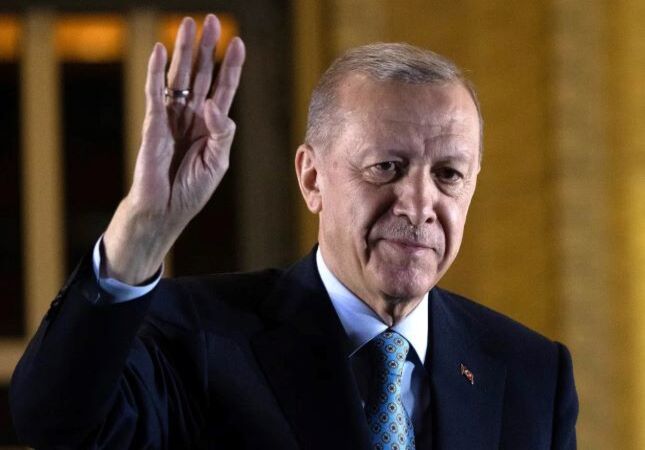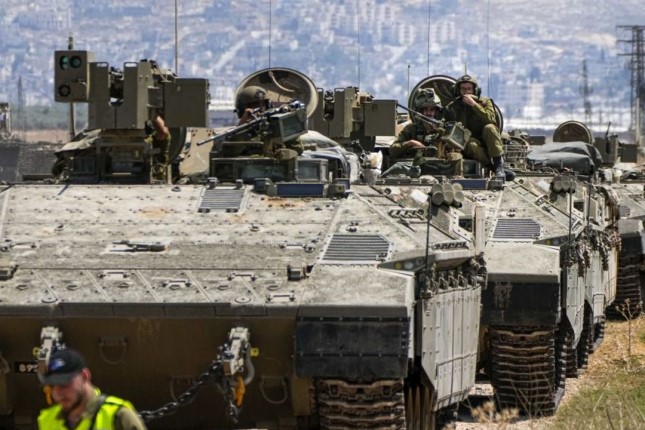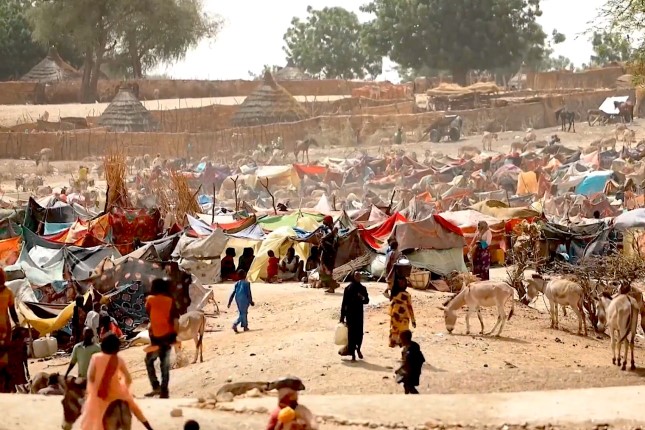However, instead of addressing any of the problems in the Russia-Ukraine conflict, confiscation will only set a disastrous precedent in the international financial system.
In the latest development, Western governments are drawing up plans to issue debt to help fund Ukraine, using Russian assets as a backstop for the repayment, the Financial Times reported recently. The Belgian government has circulated the plans to G7 nations, which could potentially allow the West to sidestep legal questions about other nations' grounds for the seizure of Russian sovereign assets.
While the legal details of the plans remain unclear, it is evident that no matter how much the West glorifies or legitimizes its attempts to appropriate frozen Russian assets, it won't help in resolving the Russia-Ukraine problem. Some politicians in the West may believe that confiscating Russian assets could be used as a show of support for Ukraine and a weapon against Russia, but those with real knowledge of the global financial system are aware that taking this step will only lead to a disastrous outcome. It will not only complicate the problems between Russia and Ukraine, but also result in severe consequences for the international financial system.
Russia's central bank has about $300 billion in frozen assets in the US and Europe, which are generating billions of dollars in interest payments every year, according to media reports. Confiscating such a large sum of money from a sovereign nation is unprecedented and unthinkable, and it could have unpredictable legal and economic consequences for both Russia and the West.
For example, some of Russia's frozen assets in the West are government bonds. If the West were to seize these assets in the name of supporting Ukraine, it would damage the credibility of its own liabilities. Regardless of how the West justifies its confiscation of Russia's sovereign assets and makes the process legal by changing its laws and regulations, what really matters is how investors and countries that also buy US and EU debt perceive the issue.
If the Russian case leads them to realize that geopolitical risks can also result in sovereign debt defaults by Western countries, and that interpretations and changes in laws and regulations in this area are completely beyond their control, financial investments in government-backed bonds such as US Treasury debt, which were once considered safe havens, may no longer be seen as secure in the face of geopolitical challenges.
Such a default could have consequences for the global financial order, as countries outside the Western camp would avoid using the dollar and euro for trade settlement and shun Western government bonds unless they can't be avoided.
After all, in this complicated international environment, no one would know if their sovereign assets would be seized by the West one day, once the West opens the Pandora's box of confiscation.
Moreover, Russia's countermeasures could also send shock waves through the global financial markets.
The uncertainty itself reflects the unfair and unreasonable parts of the current financial order. The US and its Western allies have dominated almost all financial sanctions in recent years, while other countries don't have a say in such areas and may even face the risk of being sanctioned when not abiding by Western sanctions and rules.
Yet, no good purpose could be served by unilateral sanctions, which are not a solution to war or geopolitical conflict, but only add fuel to the fire. This is also why so many countries don't follow the US lead in imposing sanctions on Russia.
If anything, the West needs to be advised about the nature of the double-edged sword of unilateral sanctions and to be cautious about future moves. If it continues to abuse its power in the international financial order, the damage will be felt to the interests of the entire global financial system.
Photo: Saint Basil's Cathedral in Moscow, Russia © Zhang Han / GT.
Source: The Global Times.
